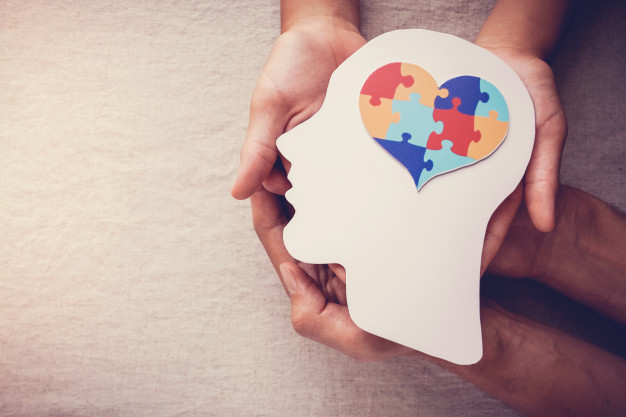

Many struggling with their mental health do not receive treatment and only some get the help they need. This is mainly due to the stigma attached to problems in mental health. What contributes to the negative labelling is the lack of public awareness.
Stigma is the society’s negative perception of the problem. It’s time we shine light on the issue that has lain in the shadows for far too long. Mental illness is like any other medical or physical health problems. So, why can’t people view it as they would cancer or a cardiovascular disease? What is worrying is that so few people understand and those who are ‘different’ are more likely to be rejected. Mental illness is perceived to be less severe compared to physical ailments. Some may not be aware, but our mental health is just as fragile as our physical health.
The biggest misconception is that people often think individuals who are mentally ill are lazy, out of their mind or simply lying when in reality, they often feel trapped in an endless loop of hopelessness and are unable to express how they feel.
According to the UM Specialist Center, mental illness affects how a person thinks, feels and acts, as well as influences their behaviour, emotion, thinking and functional ability. Psychiatrist and Senior Lecturer at Universiti Putra Malaysia, Dr Michael Ang Jin Kiat said that mental disorders could come in different forms, with the extreme end of the spectrum and most severe being major depressive disorder (MDD), bipolar disorder and schizophrenia.
According to the Mental Illness Awareness and Support Association (MIASA), mental illness is not necessarily caused by stress or traumatic experiences, but may also be a product of genetics or brain chemistry.


Frankly, the change of lifestyle is quite bleak for all of us, even for children. Imagine, from having a normal school life to sitting in front of a computer screen—it does seem rather demotivating.
By now we should know how important it is to take care of ourselves, especially in this present crisis. Here are some ways to boost your mental health.
- Keep an active lifestyle: Incorporate exercise into your daily routine. It helps with staying focused and concentrating. Physical activity can be anything you enjoy doing like walking in parks or gardening.
- Take a rest: Don’t exhaust yourself with work. Learn to relax, try meditation or take a nap if you are tired.
- Eat well and avoid alcohol: A good diet makes a healthy body and sound mind. Reduce the intake of caffeinated and alcoholic drinks. As much joy and euphoria it gives, it aggravates problems in the long run.
- Seek help: It is normal to feel overwhelmed when things get out of hand. Talk to someone if you have difficulty coping with emotions or stress. Expressing your feelings does not make you weak. In fact, it will strengthen you both mentally and physically.
Our mental health is just as important as our physical health. Should you find yourself struggling with symptoms of a deteriorating mental wellbeing, do not be ashamed to seek professional help. Check with your nearest hospital to arrange for an appointment with a mental health professional.
Gisele Soo


